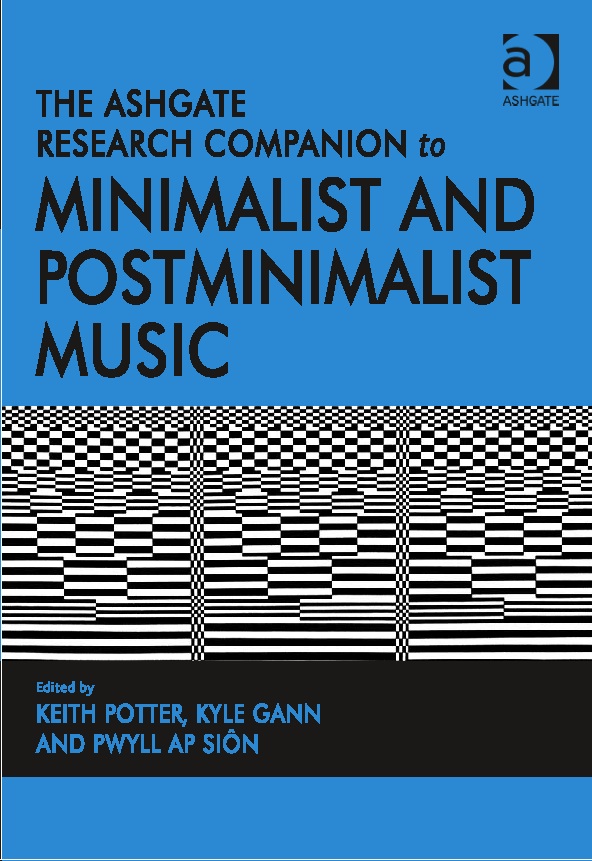Nicolas Horvath, the French pianist who commissioned my homage-to-Philip-Glass piano piece Going to Bed, is finally giving the piece its long-delayed European premiere. It’s part of an all-night program, June 27-28, titled First French Night of Minimal Piano Music, way at the very end, at the Protestant Temple in Collioure in southern France. Looks heavenly. France is not a country I would have expected to pick up on my music, but I’ve had several performances there in recent years – perhaps significantly, none in Paris.
My piece is based on the chord sequence from the “Bed” scene from Einstein on the Beach. I probably should have given more thought to the title. I sent a copy of the piece to a woman pianist of my acquaintance. A couple of months later I ran into her, and she reeled off, as I waxed in silent impatience, a list of new pieces she was about to play on an upcoming concert, none of them written by myself. At last she paused, and, after a decent moment, I blurted out, “So, how about Going to Bed?” I studied the dubious look on her face for a full five seconds before it dawned on me what I’d said. We were not in a private situation.
Call it a Freudian slip, but I think most male composers over a certain age (say, 40 at most) will vouch for me that, given a choice between getting laid and a highly visible premiere, at this point we’ll take the premiere.

